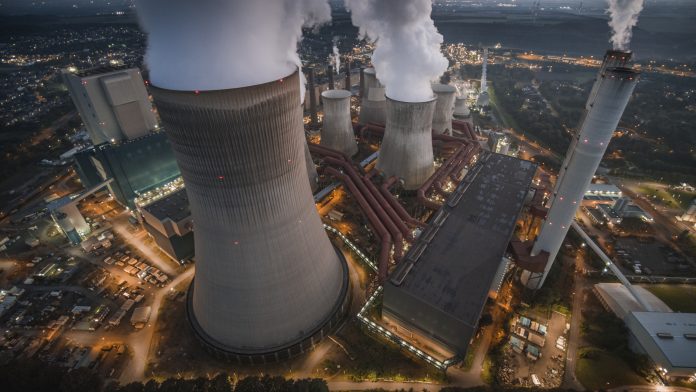The UK Government is set to unveil a series of new measures this week, placing energy security at the heart of its strategy
Prime Minister Rishi Sunak and Energy Security Secretary Grant Shapps are spearheading the UK’s efforts to reinforce energy independence with a new policy that aims to drive economic growth in the UK, creating jobs nationwide.
A few key aims of the government’s initiative are to reduce reliance on imported fossil fuels, safeguard national energy security, and counter the use of energy as a weapon by hostile states like Russia, led by President Vladimir Putin.
In the wake of Putin’s invasion of Ukraine, the government successfully eliminated Russia from the UK’s energy market. They are taking further steps to ensure such blackmail tactics from international threats can never recur.
Cultivating a diverse energy industry
The UK’s well-established expertise in the energy industry is expected to play a pivotal role in this endeavour. Prime Minister Rishi Sunak will announce investment plans to power up Britain from within the country, emphasising the utilisation of domestic resources.
This move will include substantial backing for the oil and gas industry, investment in cutting-edge clean technologies, and efforts to isolate Putin’s regime from the global energy markets.
Throughout the week, PM Sunak and Energy Security Secretary Shapps will hold meetings with prominent figures from the oil, gas, renewables, and nuclear industries. These discussions will focus on capitalising on opportunities to enhance the nation’s energy infrastructure and bolster long-term energy independence, security, and prosperity.
Making energy security a top priority
The government will also support emerging sectors, like carbon capture, storage, and advanced renewables, encouraging British innovation and fostering new industries.
Shapps has stressed the significance of energy security as an essential aspect of national security. He highlighted the government’s track record in driving Russia out of the energy market, reducing energy bills, and boosting economic growth through significant energy projects.
This week’s announcements build on the UK’s impressive achievements in the energy sector. The country has consistently supported the North Sea oil and gas industry, contributing a substantial £17 billion annually to the economy.
Moreover, the UK has made significant investments in renewable energy, leading to the establishment of the world’s four largest operational wind farms off its shores.
Despite substantial economic growth, the UK cut emissions by 48% between 1990 and 2021, showcasing its commitment to environmental sustainability. The government has made remarkable progress, with 41.5% of the country’s electricity coming from renewable sources in 2022, a significant jump from 6.7% in 2010.
No dependence on Russian oil and gas
Additionally, the UK’s global leadership in responding to Russia’s illegal invasion of Ukraine successfully removed Russian oil and gas from its energy market. The UK has been able to function for over a year without relying on Russian energy supplies.
By building on these accomplishments, the government aims to secure the nation’s energy future, create jobs, and bolster economic growth across the UK. The upcoming measures demonstrate the government’s commitment to making energy security a cornerstone of its financial strategy.
With a focus on domestic resources, diverse industry collaboration, and renewable energy advancement, the UK seeks to ensure a prosperous and resilient energy landscape for the years to come.













